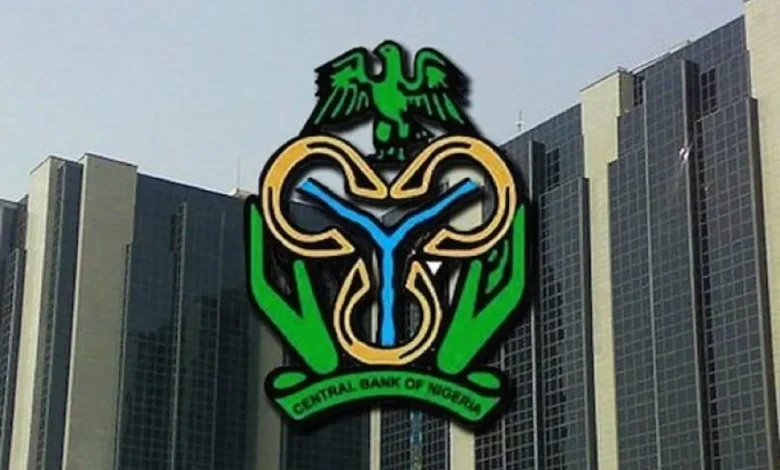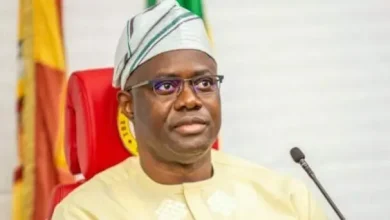
Nigeria recorded a total foreign exchange inflow of approximately $24 billion in the first quarter of 2024, according to the Governor of the Central Bank of Nigeria (CBN), Olayemi Cardoso.
Cardoso shared this information during an interview with Bloomberg TV on Tuesday in London.
Highlighting a significant improvement, Cardoso noted that this inflow is about 50% higher than those recorded in previous quarters up to 2021.
He emphasized that the days of excessive naira volatility are over, crediting the positive impact of the monetary policy tools employed by the CBN to address the challenges facing the forex market.
Cardoso explained that the bank’s policy measures have begun to alleviate inflationary pressures, aiming to reduce the current inflation rate of 33.69%.
He observed a deceleration in month-on-month inflation rates, which he described as a positive development.
“The Monetary Policy Committee (MPC) sees inflation as a major impediment to Nigeria’s future and is committed to keeping it in check and bringing it down as much as possible. There’s a deceleration in inflation rates, which is good news. With the measures taken recently, and the MPC’s vigilance in monitoring the interest rate trajectory, we should see continued moderation in the inflation rate,” Cardoso said.
Regarding the potential end of the tightening cycle that began in May 2022, Cardoso refrained from making any definitive statements, noting that future decisions will depend on the data available at the time. “The MPC is independent-minded and bases its decisions on data. Depending on what data they see, they will decide on further hikes or not,” he added.
Cardoso also expressed satisfaction with the progress made in stabilizing the naira, citing the central bank’s multi-pronged approach as a key factor.
He acknowledged that speculation and manipulation in the FX forward contract market had contributed to naira volatility but asserted that the worst of the fluctuations is over.
“We believe we have seen the worst in terms of volatility. When I assumed office in September 2023, there was a crisis, and the naira was headed in a direction that caused fear and panic. We addressed issues of confidence and trust, and we are pleased with the stability seen in the market in recent weeks,” he stated.
Cardoso noted that several measures were implemented to restore confidence in the foreign exchange system, including addressing distortions and ensuring increased liquidity.
The first quarter of 2024 saw an inflow of about $24 billion, nearly 40-50% higher than the quarters up to 2021. “The tools are having a positive impact, and we believe that liquidity will continue to grow,” he said.
Additionally, Cardoso mentioned the establishment of a committee to facilitate more inflow of diaspora funds into the official FX market.
The committee, reporting directly to him, aims to double the inflow of foreign exchange from international monetary operations.
This initiative has already yielded positive outcomes, with an increase in inflow from Nigerians in the diaspora.
“We recognize the significant role of Nigerian diasporans in remitting large amounts of money into the system. Capital inflows are crucial, especially given the significant pass-through from the foreign exchange rate into inflation. With these measures, we are confident that liquidity will increase in our market,” Cardoso concluded.




